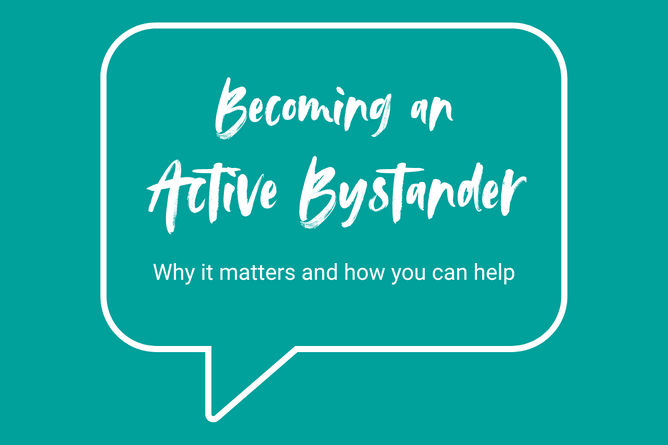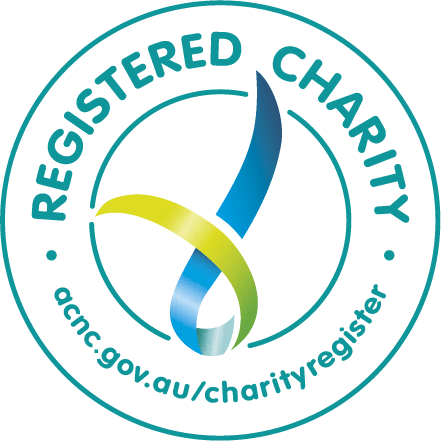It can be easy to feel powerless when it comes to domestic and family violence (DFV). But the truth is, each of us can play a part in creating a safer community - and it starts with becoming an active bystander.
What is an active bystander?
An active bystander is someone who doesn’t look away. Instead of staying silent or hoping someone else steps in, they choose to act - safely and appropriately - when they see something that isn’t right. That might mean challenging harmful behaviour, checking in on a friend, or simply speaking up when something doesn’t sit well.
It’s about disrupting the attitudes and actions that allow DFV to thrive - like sexism, control, disrespect, and silence.
Why it matters
Being an active bystander doesn’t just support someone in a vulnerable situation - it sends a ripple through the community. It tells the people around you that violence, coercion, and disrespect won’t be tolerated here. That we look out for one another. That we believe everyone deserves safety, respect, and dignity.
For those experiencing DFV, a single bystander action can be life-changing. It might be the first time someone has acknowledged what they’re going through. It might be the lifeline they didn’t know they needed.
On a broader level, active bystanders help build inclusive, respectful workplaces, schools, sporting clubs and neighbourhoods. You’re not just reacting to harm - you’re helping prevent it.
How to be an active bystander
You don’t have to be a hero. Small, thoughtful actions matter. Here’s how you can start:
Recognise the signs: These aren’t always physical. Controlling behaviour, withdrawal from friends or family, frequent check-ins with a partner, anxiety, or financial dependence can all be red flags.
Check in: If something feels off, it’s worth checking in. Reach out privately with care. “I’ve noticed you’ve seemed a bit down lately. Is everything okay?”
Offer support, not solutions: You don’t need all the answers. Sometimes, listening without judgment is the most powerful thing you can do. If they open up, gently suggest support services that can help.
Call it out: If someone makes a sexist joke or controlling comments, speak up, if it’s safe to do so. You might say, “That’s not funny,” or “I don’t think that’s OK.”
Distract or diffuse: In situations that feel unsafe, look for a way to interrupt or divert attention. Ask a question. Create a distraction. In emergencies, always call for help first.
Document and report: If someone is in immediate danger and you can’t intervene, call 000. If you witness abuse, take note of what you saw, when, and where – it can help later.
Helpful resources
If you’re not sure where to turn or how to help, these organisations offer training, advice, and support:
1800RESPECT (1800 737 732) – 24/7 national sexual assault, domestic and family violence counselling service
Lifeline – 13 11 14
In an emergency, call Triple Zero (000) and ask for the Police.
Challenge DV – Education, workplace training and awareness programs for individuals and communities
Our Watch – Tools and research on preventing violence against women
The Line – Great resource for young people on healthy and respectful relationships
Becoming an active bystander takes courage, empathy, and a willingness to step up – even when it feels uncomfortable. But the impact you can have is profound.
Whether you’re at work, with friends, part of a community group, or even just scrolling through social media – there are always opportunities to challenge harmful behaviours, show support, and foster safer, more respectful spaces.
Because ending DFV isn’t someone else’s job. It’s all of ours. And it starts with one person choosing to act.
That person could be you.



